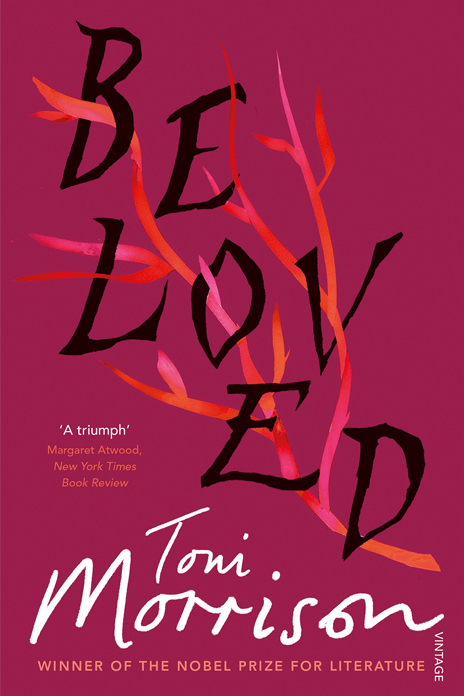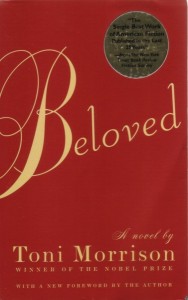


Beloved subsequently won the Pulitzer Prize for fiction, and the secretary of the jury addressed the issue by stating that it "would be unfortunate if anyone diluted the value of Toni Morrison's achievement by suggesting that her prize rested on anything but merit." Despite the controversy, few have contested the excellence of the novel, and Beloved remains one of the author's most celebrated and analyzed works. Demonstrating their support of the author, forty-eight prominent black writers and critics signed a tribute to Morrison's career and published it in the Januedition of the New York Times Book Review. After it failed to win either the National Book Award or the National Book Critics Circle Award, accusations of racism were leveled. In prose both stark and lyrical, Morrison addresses several of her enduring themes: the importance of family and community, the quest for individual and cultural identity, and the very nature of humanity.Īlthough Beloved was hailed by many reviewers as a masterpiece when it first appeared in 1987, the novel inspired considerable controversy several months after its publication.


Part ghost story, part realistic narrative, the novel examines the mental and physical trauma caused by slavery as well as the lingering damage inflicted on its survivors. Inspired by an actual historical incident, Beloved tells the story of a woman haunted by the daughter she murdered rather than have returned to slavery. In this tale set in Reconstruction Ohio, Morrison paints a dark and powerful portrait of the dehumanizing effects of slavery. With the publication of her fifth novel, Beloved, however, critics worldwide recognized that here was an author with a depth and brilliance that made her work universal. After publishing four novels, Toni Morrison had already established herself as one of the most popular and successful black female writers of her time.


 0 kommentar(er)
0 kommentar(er)
